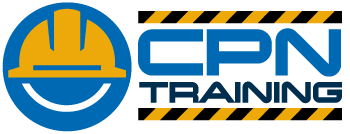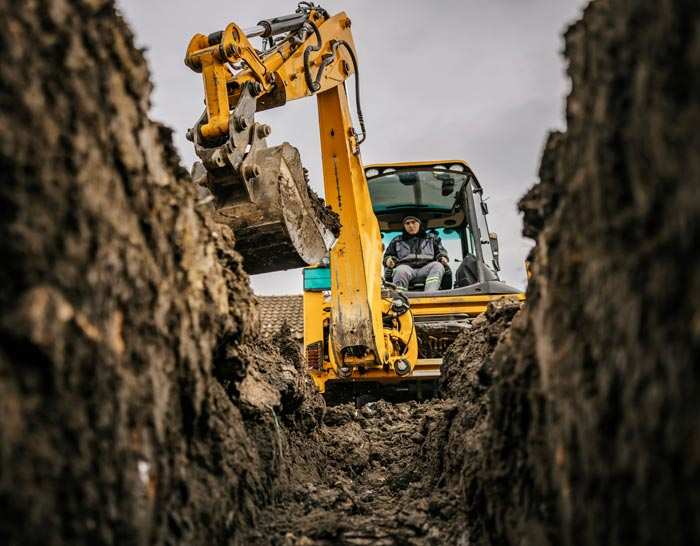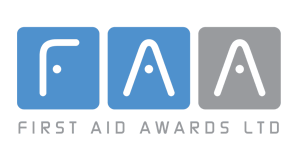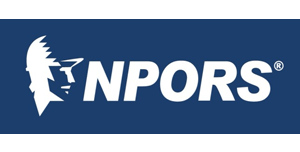In today’s competitive job market, having the right qualifications can make all the difference. Whether you’re just starting your career or looking to advance in your current role, obtaining certification is often the key to unlocking new opportunities. One such qualification is the NPORS Certification (National Plant Operators Registration Scheme), which is recognised across multiple industries. While NPORS certification is essential in construction, it also opens up a world of job opportunities in other fields like logistics, agriculture, and manufacturing.
In this blog, we’ll explore how NPORS certification can broaden your career prospects and lead you towards fulfilling, high-paying roles in construction and beyond.
What is NPORS Certification?
NPORS is one of the UK’s leading accreditation bodies for plant and machinery training. It ensures that operators of heavy machinery, such as excavators, cranes, and forklifts, are trained and competent. By providing standardised training and assessment, NPORS guarantees that certified workers can operate equipment safely and effectively, reducing risks on-site and improving overall efficiency.
NPORS is often compared to other schemes like CSCS (Construction Skills Certification Scheme), but its broad scope and recognition across various industries make it a highly valuable certification for those looking to enhance their employability.
Types of machinery covered under NPORS include:
- Excavators
- Cranes
- Forklifts
- Dumpers
- Telehandlers
With such a wide range of equipment training available, NPORS opens doors to numerous job roles and industries.
Career Opportunities in Construction
The construction industry is one of the primary sectors where NPORS certification is highly sought after. With the UK construction sector continuing to grow, the demand for qualified machinery operators is on the rise.
Some specific roles NPORS certification qualifies you for include:
- Plant Operator: Operate machinery like excavators, bulldozers, and cranes, crucial for construction projects.
- Dumper Driver: Handle the transportation of materials across sites using dumpers and other heavy equipment.
- Crane Operator: Safely operate cranes, which are essential for lifting materials in large-scale construction projects.
In addition to offering a wide variety of roles, the construction industry provides great earning potential and job security. The industry is increasingly relying on skilled workers with certifications like NPORS, and those who hold these qualifications often enjoy better pay and career advancement opportunities.
Expanding Beyond Construction: Opportunities in Other Industries
While NPORS certification is essential in construction, it is also highly regarded in other sectors. The versatility of the certification makes it applicable to industries such as:
Warehousing and Logistics
- Forklift Operator: In warehousing and logistics, forklift operators are in high demand to manage the movement of goods in storage facilities and distribution centres.
- Material Handler: Safely transport materials within warehouses, ensuring that goods are efficiently loaded and unloaded.
Manufacturing
- Machine Operator: In manufacturing, machinery operators handle specialised equipment used in production lines, ensuring that production runs smoothly and efficiently.
- Production Supervisor: With experience, NPORS certification holders can move into supervisory roles, overseeing the safe operation of equipment across multiple teams.
Agriculture
- Farm Machinery Operator: NPORS certification covers equipment used in farming, such as tractors and harvesters, making it a valuable qualification in the agricultural sector.
Energy and Utilities
- Plant Operator: The renewable energy and utilities industries also require certified operators for heavy equipment used in infrastructure development and energy projects.
These industries are constantly evolving, and having NPORS certification makes you a more attractive candidate for roles across a wide range of sectors, increasing your job prospects beyond construction.
Why Employers Value NPORS Certification
Employers across multiple industries place a high value on NPORS certification because it demonstrates a commitment to safety and competency. Whether in construction, logistics, or agriculture, safety is always a top priority, and certified workers bring the assurance that machinery will be operated correctly and responsibly.
By hiring NPORS-certified employees, companies reduce the risk of accidents, equipment damage, and costly delays, making certified operators not just a necessity, but an investment in the smooth running of their operations.
For job seekers, having NPORS certification often translates into:
- Better job security
- Higher-paying positions
- Greater access to more advanced roles
Why Employers Value NPORS Certification
NPORS certification gives you a competitive edge in the job market. Employers prefer certified workers because they have already proven their capability in operating heavy machinery safely and efficiently. In sectors like construction and logistics, where the demand for certified operators is high, being NPORS certified can lead to more job offers, better pay, and greater job security.
Additionally, NPORS is a portable certification, meaning that once you’ve obtained it, it is recognised across different industries and locations. This portability provides job flexibility, allowing you to move between industries and roles as opportunities arise.
Pathways for Career Growth After NPORS Certification
NPORS certification is a gateway to more than just entry-level jobs. Many roles provide opportunities for career progression. For example, after gaining experience as a machinery operator, you can move into:
- Supervisory Roles: Overseeing teams of operators and ensuring safety and efficiency across the site.
- Site Management: Coordinating entire projects, ensuring machinery, workers, and timelines are aligned.
- Specialist Operator Roles: Expanding your skills to operate a wider range of machinery, opening up more specialised roles.
Moreover, NPORS offers multiple levels of certification, meaning you can expand your skillset to include various types of equipment, making you even more employable across industries.
How to Get NPORS Certified
Getting NPORS certified is a straightforward process. First, you’ll need to undertake training with an accredited centre like CPN Training, which offers comprehensive courses covering both theory and practical elements.
The training typically involves:
- Classroom-based learning on safety protocols and machinery operation.
- Practical, hands-on experience with the machinery under supervision.
- An assessment to ensure you can safely and competently operate the equipment.
At CPN Training, we also offer onsite training options, providing flexibility for individuals and companies who want to train their employees at their own premises.
contact us today for more information on our training courses












